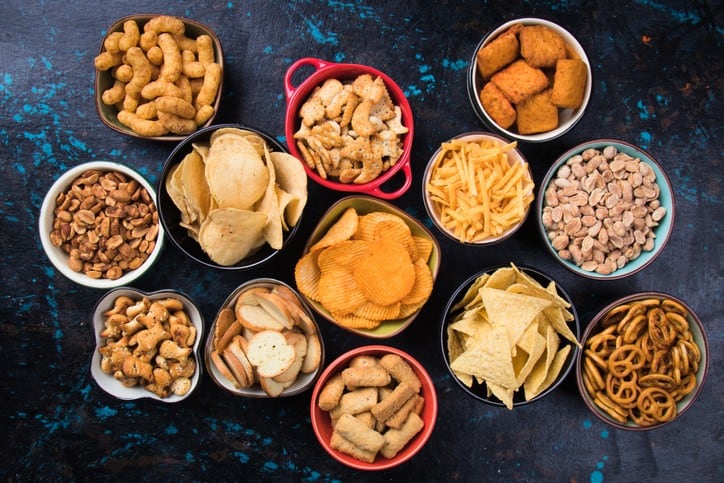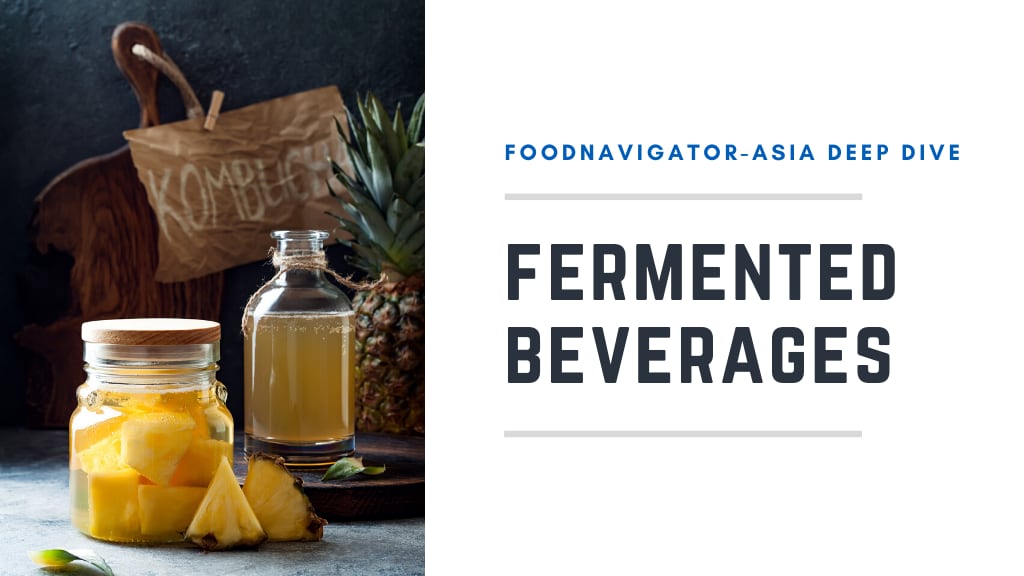These were among the key takeaways in a webinar featuring a host of leading brands broadcast by FoodNavigator-Asia and sponsored by DuPont.
The webinar is available on demand for the next three months.
The panel discussion was attended by Rohit Bhagat, CEO of Life Health Foods India; Rahul Jain, founding partner and sales head at Drums Foods International; Varun Deshpande, MD at Good Food Institute India; Sandeep Singh, MD at Alkem India, and Sonia Huppert, global marketing leader for plant-based health, DuPont Nutrition & Biosciences.
During a live panel discussion, the brands pointed out the importance of providing a variety of choices to consumers, so that even non-vegetarians and non-vegans would give plant-based products a try.
“For us, it is about giving options to our consumers. We don’t want to have this product and give it to the vegan community, even though they will definitely be a part of it,” Jain said.
To make plant-based a mass-market product, he added that brands would need to consider the eating habits of the market that they are targeting.
In the case of his company, it recently launched India’s first coconut-based yogurt under the flagship brand Epigamia, since dairy is an integral part of the Indian diet.
He added that for any products to be commercially viable, affordable price, shelf-life, and the local taste palette would play crucial roles.
The point of making plant-based food and beverages a mainstream is echoed by DuPont’s Huppert.
In more developed plant-based product markets such as the US, most of products mimic the local animal-based products such as burgers, she said.
However, she believes that plant-based products can be extended to more types of eating occasions with new formats and new product categories. The nutrition profile, such as high protein level, should also be taken care of.
As such, she said the company recently launched Danisco PlanitTM to address potential NPD challenges, including taste and sensory, health and nutrition, texture and mouthfeel.
High growth potential
The panellists believe that the plant-based category in India will grow by leaps and bounds in the years to come.
Bhagat said that when his company first entered the plant-based market over 10 years ago, it was not a big category, but it has since gained prominence and interest went further amid COVID-19.
According to an Ipsos/Mintel survey involving 3,000 consumers, about three in 10 Indian consumers say they will like to try food products that contain plant proteins.
These consumers include those who are seeking added protein, those who are plant-protein enthusiasts, and flexitarians who are seeking to reduce meat intake.
To leverage on the growth potential, Life Health Foods India’s Bhagat said brands should consider product localisation.
“India has the potential, but I personally feel, to enter the market, localisation is going to play a very important role,” he said.
The point was supported by Deshpande, from the Good Food Institute who believes that the crux of growing the plant-based industry is to launch products that matter to consumers. Examples could be adopting local flavours, such as biryani.
Singh also believes that “the time has come” for plant-based products boom in the Indian market, which is also driven by concerns about environment and sustainability.
"If you have the capital and mindset, I think we all must go for it," he said.
NPD possibilities
Specifically, for new product development, brands could consider mimicking real meat, position protein as a source of energy, and used interesting ingredients, said Mintel, which also presented during the webinar.
Examples of plant-based products that mimic meat include Soya Chaap by Urban Platter, Nidhi Sinha, head of content – India consumer at Mintel said. The product is a plant-based chicken drumstick made from soya beans.
Second, brands could introduce plant proteins as breakfast or energy food options.
Third, brands could consider interesting ingredients, in this case jackfruit, for making plant-based products.
She gave the example of Vegan Meat by Urban Platter, which is available in Malabar curry and barbecue flavours.
“The (COVID-19) pandemic has positively impacted the category. The key strength of plant proteins is that they are more hygienic, it is something that people are used to and at the same time, it has immunity-boosting properties, which brands can tap on,” she said.
Check out the webinar to find out more about the latest trends in India’s plant-based space, the emerging opportunities for growth and some of the challenges the sector needs to overcome.





